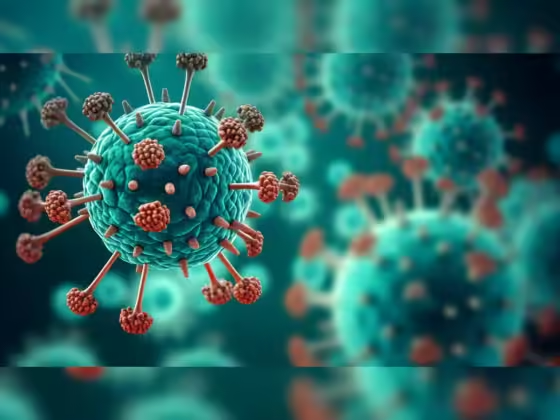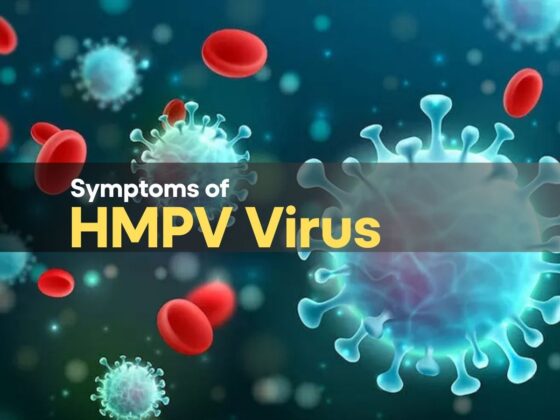Scientists have unearthed a bacterium with the potential to impede the transmission of malaria, marking a significant breakthrough in the quest for new antimalarial strategies. This discovery was made by an international team of researchers and has been documented in the journal Science. Their findings revealed that the bacterium Delftia tsuruhatensis Tres Cantos 1 (TC1) has the capacity to substantially diminish the presence of the malaria parasite within both the mosquito midgut and salivary glands. This presents an opportunity for TC1 to obstruct the transfer of the parasite from mosquitoes to humans.
This promising development could translate from laboratory research to practical application in the field for malaria control. The endeavor was spearheaded by scientists from GSK pharmaceutical company in conjunction with experts from Johns Hopkins University in the United States.
This might eventually lead to the eradication of this devastating disease
According to Thomas Breuer, Chief Global Health Officer at GSK, the novel approach of employing Delftia tsuruhatensis Tres Cantos 1 (TC1) has the potential to alleviate the immense burden of malaria in endemic regions. Breuer noted that combining a variety of preventive methods might eventually lead to the eradication of this devastating disease.
The researchers, who were focusing on the creation of next-generation malaria treatments, observed that mosquitoes from a colony of An. stephensi were no longer capable of harboring P. falciparum infection after exposure to TC1. P. falciparum is the most widespread and fatal type of malaria prevalent in Africa and other parts of the world.
Subsequent experiments confirmed that a specific strain of Delftia tsuruhatensis, christened TC1, was responsible for rendering the mosquitoes noninfectious. The researchers discovered that TC1 secretes minute quantities of a molecule named harmane, which hinders the initial stages of P. falciparum development within the mosquito midgut.
Furthermore, mosquitoes exposed to either TC1 bacteria or minuscule harmane concentrations exhibited a substantial reduction in the form of the Plasmodium parasite that is transmitted to humans through mosquito bites.
Once settled in the mosquito midgut, the bacterium persists and effectively inhibits P. falciparum for more than 16 days, possibly extending throughout the mosquito’s lifespan. Delftia tsuruhatensis is a naturally occurring bacterium widely distributed across various ecosystems, indicating its potential for safe environmental release. Crucially, the bacterium is not transmitted to humans through mosquito saliva during feeding.
The bacterium TC1 exhibited effectiveness in both An. stephensi and An. gambiae mosquitoes, the primary malaria vectors in the Indo-Iranian region and Africa. Moreover, TC1 demonstrated the ability to obstruct the development of two types of malaria parasites: P. falciparum and the rodent malaria parasite P. berghei. This suggests its potential to thwart the progression of all malaria parasites that affect humans, including P. vivax, P. ovale, and P. malariae in addition to P. falciparum.
Every Fourth Adult In India Has High Blood Pressure: Details | ALSO READ
Several characteristics of TC1 suggest a low likelihood of mosquitoes or the malaria parasite developing resistance. The bacterium’s presence does not affect the mosquito’s fitness or reproductive capabilities, preventing the emergence of resistant mosquitoes. By targeting the parasite within mosquitoes rather than in humans, the scale of parasite numbers is diminished, reducing the chances of resistance. The data underscores the potential of TC1’s utilization in real-world settings through cost-effective methods. This signifies that products based on TC1 could introduce a groundbreaking approach to malaria control, enriching the toolkit of interventions needed to combat the disease effectively.









